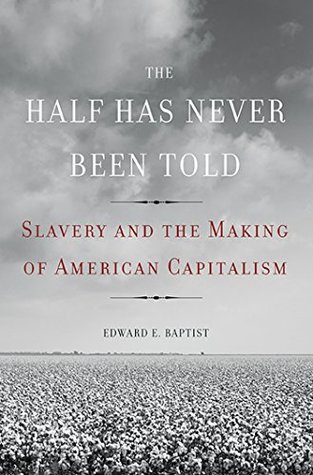Jefferson had blurted analogous fears, famously speaking of a possible “reversal of fortunes” and describing the situation of Chesapeake slaveholders as being like riding a “wolf [held] by the ears[;] . . . we can neither hold him, nor safely let him go.” Even if whites had agreed to general emancipation, whites had “deeply rooted prejudices,” and blacks “ten thousand recollections.” “New provocations” would divide and whip them into an apocalyptic race-war crescendo. These “convulsions” would end only with “extermination of the one or the other race.”54
Welcome back. Just a moment while we sign you in to your Goodreads account.


